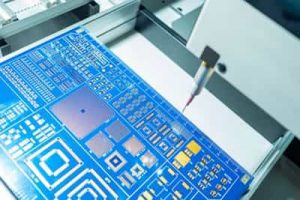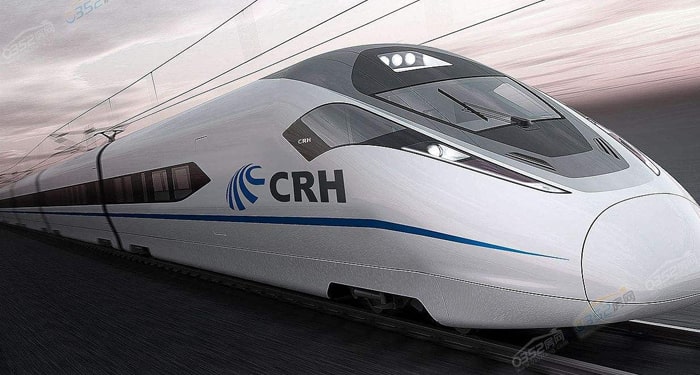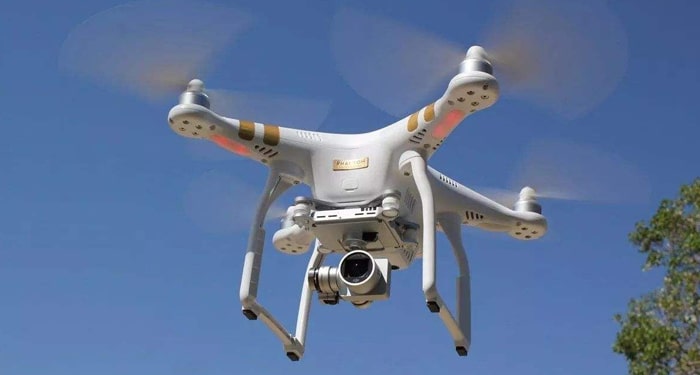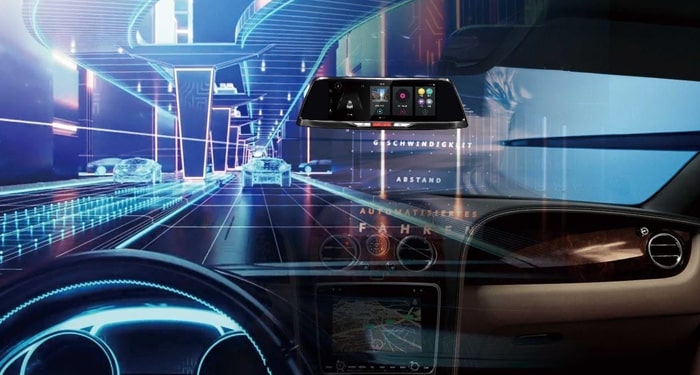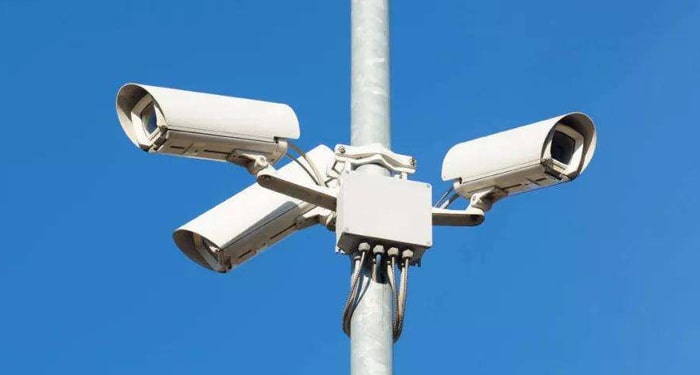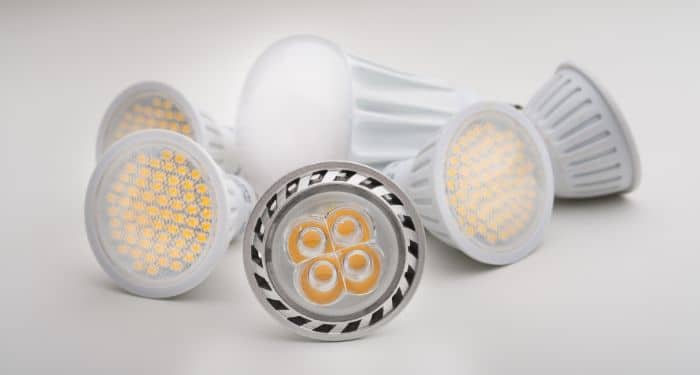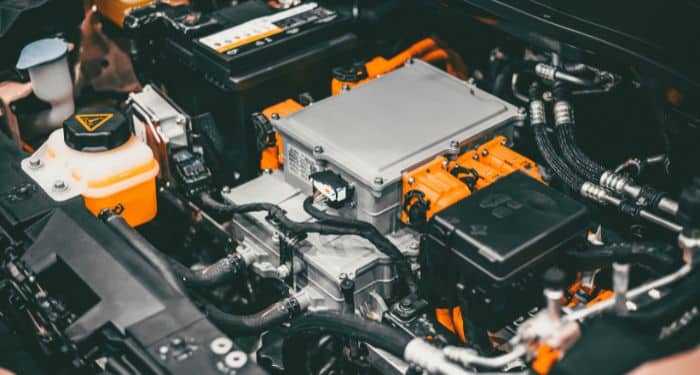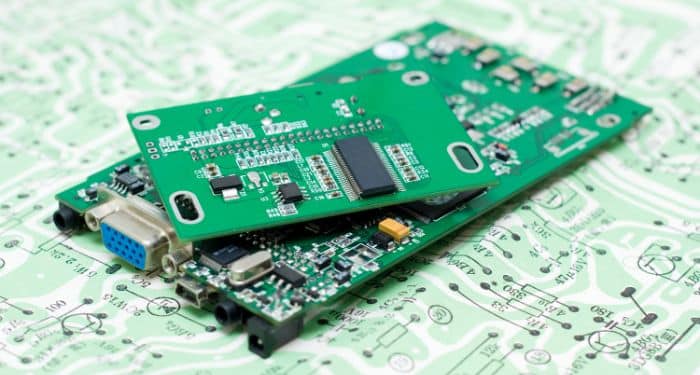Home » Industries Served » PCBs for Industrial Control Applications
PCBs for Industrial Control Applications
Industrial control systems perform vital functions across critical infrastructure including manufacturing facilities, energy generation/distribution, as well as automation. These systems leverage complex electronic circuits managing industrial processes via programmable automation and precision control to achieve efficient, optimized operations. Demanding environments coupled with very high reliability expectations place stringent requirements on the printed circuit boards empowering these systems.
At the core of an industrial control system sits various sensors, data converters, signal conditioners, microcontrollers, power modules as well as communication interfaces. These components mount on printed circuit boards receiving and processing inputs/outputs to actuators, motors, valves, monitors. Often multiple boards interconnect over backplanes or communication buses to coordinate entire processes/machines in real-time. Whether within a single robotic controller or across a whole production line, the PCBs must maintain flawless performance for predictable uptime.
Harsh mechanical shock, wide temperature swings, moisture and contamination drive a rigorous focus on resilience and longevity unparalleled in electronic design. JHYPCB leverages decades of expertise engineering robust circuit boards ready for the toughest industrial settings – upholding performance and safety standards that customers trust. We partner with industrial OEMs/system integrators combining application insights with manufacturing excellence at scale to deliver.

Challenging Environments
Industrial control PCBs must deliver stable, reliable functionality persisting years in demanding mechanically and thermally stressful application environments – settings commercial grade electronics would fail quickly in. Common challenges include:
Temperature Extremes: Process equipment in industries ranging from energy to automotive see environments swinging from freezing conditions to high temperatures (beyond +85°C). The PCB substrate materials along with components must withstand expansion/contraction stresses. We select dimensionsally stable laminates rated for target ambient ranges.
Vibration/Shock: Our PCBs deployed in motion control actuators, CNC machines, robotic arms undergo sustained G-forces from rapid movement along with higher spikes from impacts that could fracture brittle boards. Specific damping compounds added into board materials mitigate vibration effects. Customized support brackets/enclosures also prove effective.
Moisture/Contamination: Even protected backing cabinets often witness humidity, liquids and metal particles requiring sealed sensitive components from ingress. Waterproof coatings, strategically placed conformal shields and careful enclosure design maintain longterm functionality. We leverage years of Electronics Protection experience hardening against environmental threats.
By Engineering rigorous solutions ready for extreme conditions rather than taking an application-agnostic approach, we enable customers to deploy systems with confidence of max uptime. Identifying failure risks early and mitigating via tailored designs prevents issues appearing late.
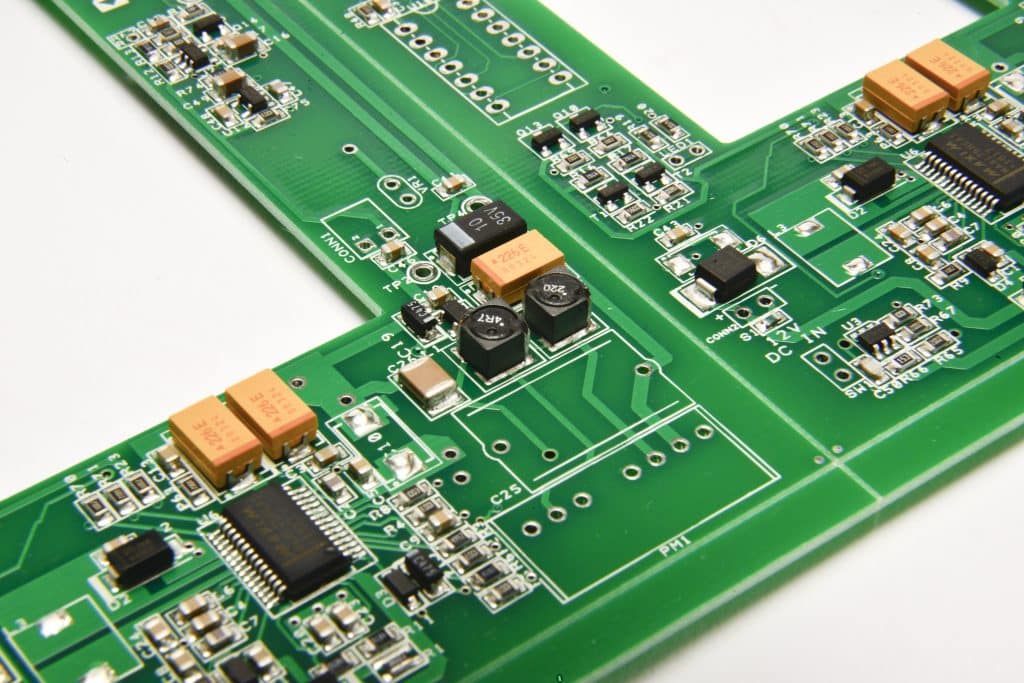
PCB Material Selection
Designing reliable industrial control PCBs starts with optimal materials selection balancing functionality across thermal, mechanical and electrical performance spectrums plus accounting for reliability and cost ceilings. These attributes directly impact:
Dielectric Properties: Water absorption dictates dimensional stability responding to humidity changes. High frequency operations demand stable low-loss laminates to prevent signal loss. We balance frequency support, dielectric constant targets and loss tangent based on circuit bandwidth needs.
Thermal Properties: Many control components regulate temperatures or see wide ambient shifts requiring matching coefficients of thermal expansion (CTE) between components, board and enclosure to prevent mechanical stress. By modeling thermal gradients using simulation software during design, we tune laminate properties promoting heat spread from hot spots.
Mechanical Properties: Sheer modulus directly affects board flexibility under sustained vibration while composites using glass cloth reinforcement strengthen PCBs resisting potential cracks. Materials also impact resistance to abrasion, chemicals and environmental corrosion critical over decades of operation.
Cost Efficiency: Leveraging widely available materials like FR4 epoxy glass while maximizing competitiveness using high layer counts provides a balanced, high-performance approach for most applications without over-engineering.
Careful trade-off analyses taking into holistic account customer application demands plus future reliability drives our PCB materials selection engagement process.
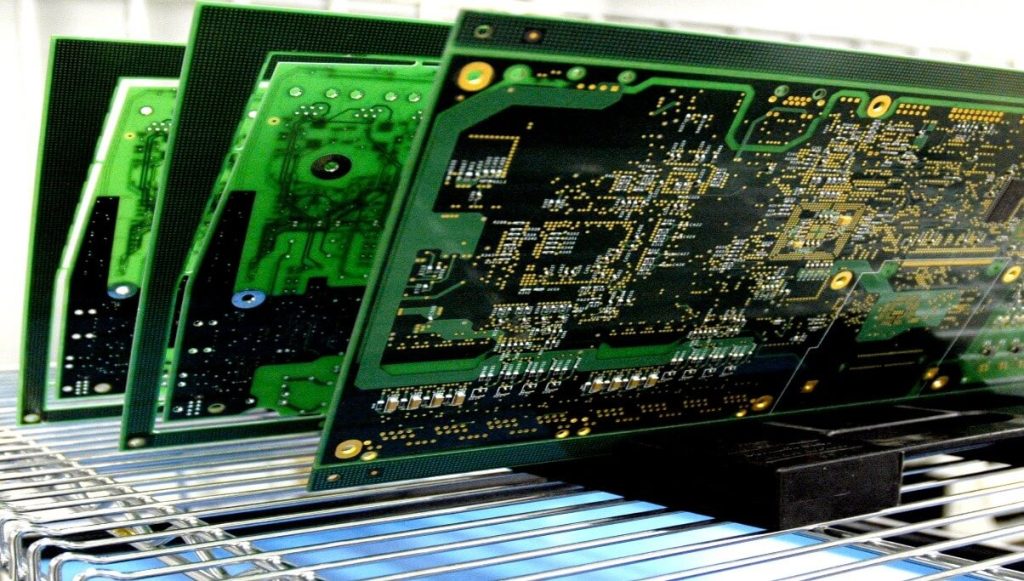
PCB Types
We leverage a diverse range of PCB platforms and technologies catering to the mission-critical demands, mechanical constraints as well as circuit complexity needs of industrial control:
Rigid PCBs: Cost-effective epoxy glass boards supporting high layer counts handle dense, complex routing for sensor inputs/processing through power regulation and control logic outputs. Careful stack planning manages thermal dissipation.
Flexible PCBs: Interconnects between actuators/motors and main controller electronics often leverage flex circuits handling millions of articulation cycles. Polyimide films bonded with etched copper handle flexing stresses.
Rigid-Flex PCBs: Integrating thicker rigid board sections leveraging components with thinner flexible joints enables streamlining complex motion control machines. Careful structural interface is key.
Backplanes: For holding various I/O processing modules, CPU cards and power regulation cards together, passive backplanes route interconnections over PCBs with high density connectors. These handle data communication and power delivery.
We assess customer application environments, use cases and reliability targets to define optimal board types facilitating the customer’s industrial control system performance objectives.
Key PCB Technologies
Designing reliable, high performance industrial control PCBs for real-time sensor monitoring, precision actuator manipulation and robust data communication leverages cutting edge fabrication processes:
Controlled Impedance PCBs: Precise impedance control facilitates error-free high speed signal transport critical for fast reliable controller responses. Careful stackup planning with tight process controls during lamination realises results.
Mixed Signal Design: Both analog and digital signals coexist within composite boards requiring isolation between domains to prevent coupling noise disrupting delicate analog functioning. Proper partitioning and disciplined layout route separation achieve balanced performance.
EMI Hardening: With various high current switching elements for motors along with fast digital signals controlling timing, we implement system level hardening against electromagnetic interference including ground/stitching vias, shielding around sources/receptors and filtering devices as warranted.
By aligning advanced PCB layout/fab practices required for high speed signals transport stability, precision low-level analog signal fidelity and noise mitigation techniques, we assure designs achieve functional objectives across array operating environments.
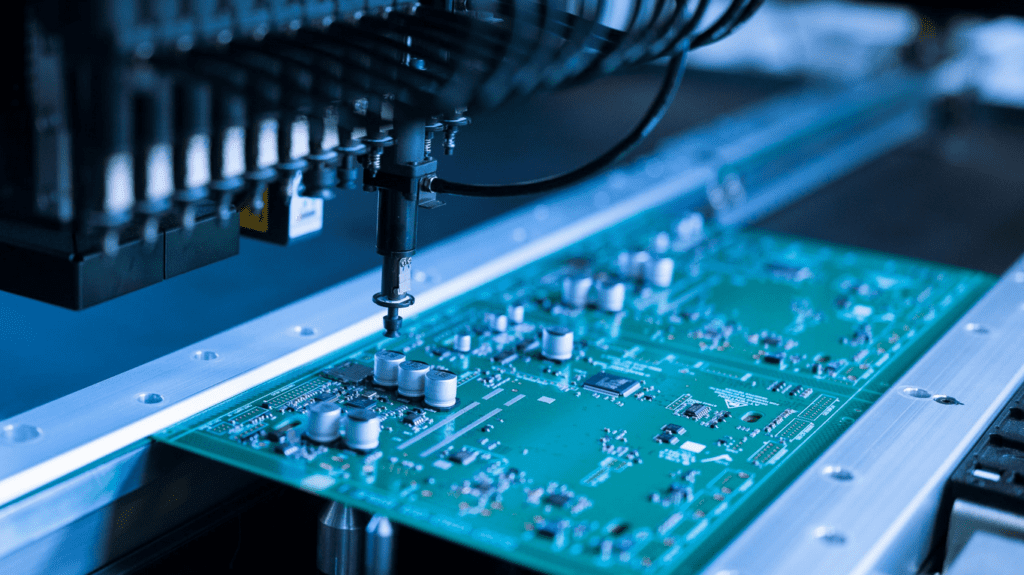
Advanced Quality Control
Mission-critical industrial operations with integrated automation controls demand flawless PCB performance for productivity and safety. We implement comprehensive quality frameworks targeting consistent production excellence:
Process Capabilities: Through real-time monitoring and data-driven analysis of equipment performance across critical fabrication steps, we Continuous Improve production lines optimizing CTQs like yields first-pass yields. Feedback loops facilitate adjustment staying inside guardrails.
Design for Manufacturability: DfM practices tackle production risks upfront during NPI across design reviews, process FMEAs and test vehicle builds to validate capabilities. Customer collaboration is key to assessing design rules, identifying reliability risks and mitigating through optimization trade-offs.
Verification Testing: Our quality procedures incorporate enhanced inspection sampling leveraging automated optical, x-ray and flying probe testing for processindependent verification. Samples from production batches undergo HALT/HASS testing reconstructing customer use conditions as well as future field reliability assessments.
By working closely across engineering, manufacturing and quality teams dedicated to maximizing customer success in industrial programs, we maintain vigilance targeting consistency and continuous advancement – delivering tomorrow’s designs today.
Our Capabilities and Services
With decades of experience serving discerning industrial electronics OEMs and system integrators, JHYPCB has developed full suite manufacturing capacities aligned to the unique demands across industrial automation, process control equipment, robotics and other segments. We are ready to leverage expertise catering from early-stage collaboration to volume production:
Advanced Technologies: Continued investment in equipment, process refinement and quality IT infrastructure prepares supporting cutting edge PCB platforms transforming Industry 4.0 across sensing, data analytics, communications and control.
Design Services: Our engineering team supports concept ideation, preliminary layouts, simulation-driven optimization targeting design for manufacturability and testability oversight throughout customer project lifecycles tailored to application specifications.
Volume Manufacturing: High mix programs with quick turn prototypes transitioning to low/medium volume production runs are facilitated through highly flexible factories with cellular line configurations adjusting from high layer count to HDI intensive boards.
Our focus remains helping industrial electronics innovators transform from design concepts to certified reliable solutions ready for the most demanding environments.
JHYPCB - Leading High-Quality, Quick-Turn PCB Manufacturing
At JHYPCB, we are a premier PCB manufacturer providing one-stop PCB fabrication and assembly services to meet the diverse needs across multiple industries. With years of experience and cutting-edge capabilities, we deliver high-quality, quick-turn PCB solutions tailored to each application’s unique requirements.
Our Core Expertise:
- High-reliability PCBs for demanding applications
- Wide range of PCB technologies: HDI, rigid-flex, RF/microwave, thermal boards, and more
- Advanced manufacturing processes: high-density interconnect, buried/blind vias and more
- Fast prototype to production cycle times
- Strong engineering support from quote to delivery
Whether you need prototypes for new product development or high-volume PCB production, JHYPCB is your trusted partner. Explore our PCB capabilities for your industry below.

